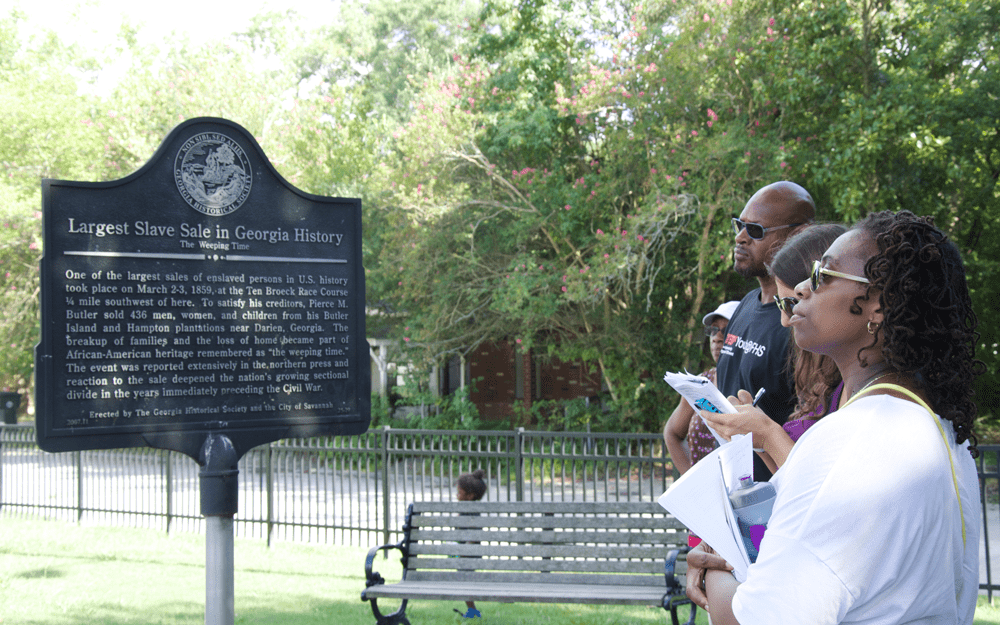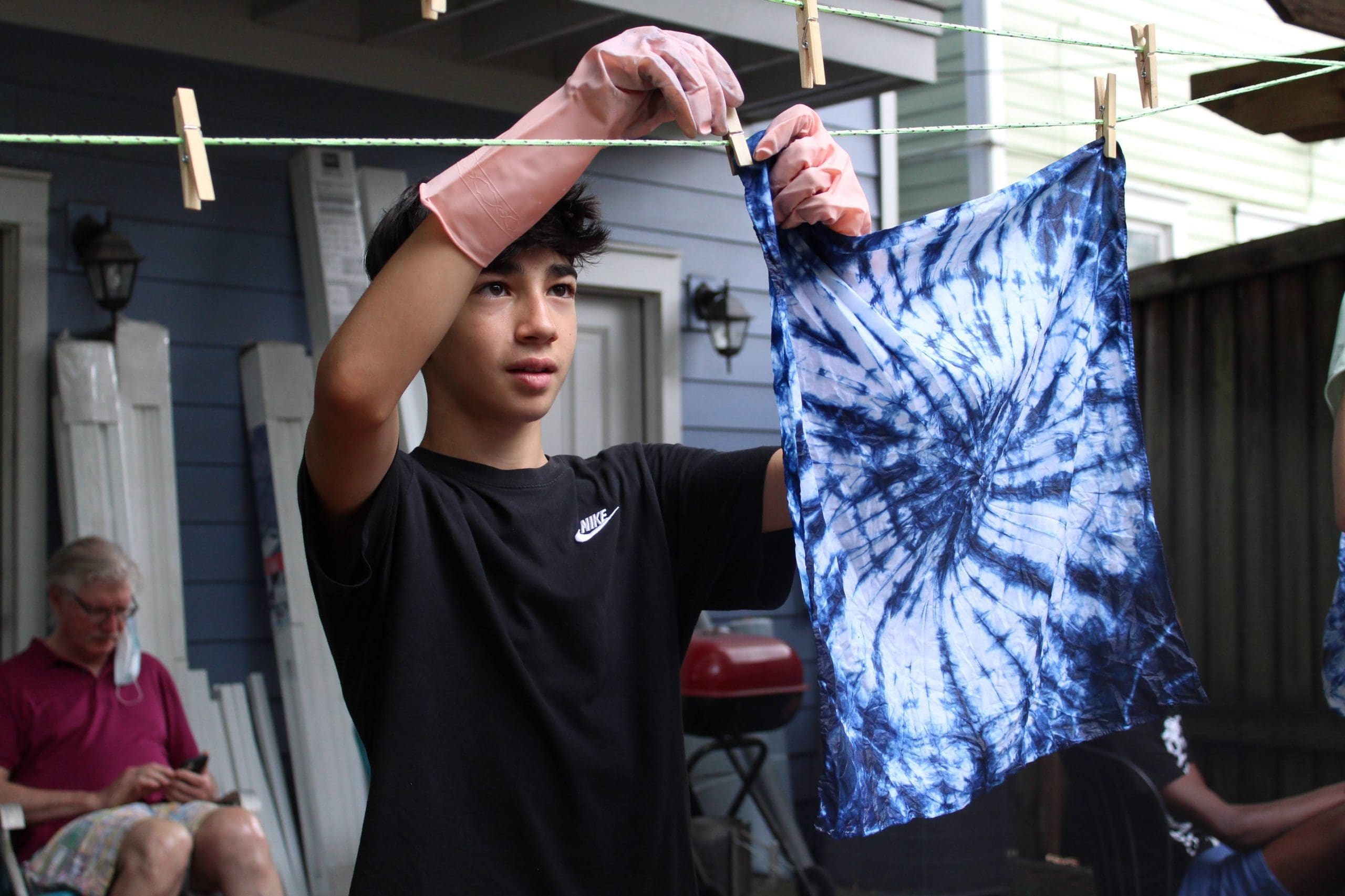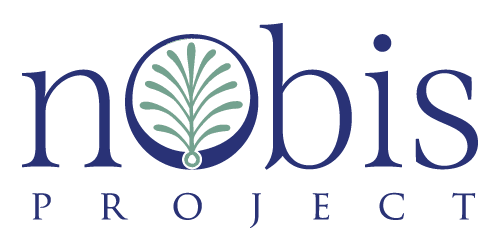Savannah, GA – Student Field Study
Savannah Field Studies
Power of Black Land:
A Gullah-Geechee Field Study

Explore the historical systems and contemporary policies that impact Black land ownership with a specific focus on the Gullah-Geechee descendants of Sapelo Island and Savannah, Georgia. The Gullah-Geechee people are descendants of formerly enslaved people from the West Coast of Africa, captured because of their agricultural knowledge of rice. Their culture is distinctive and found only in the Lowcountry of the Southeast.
Through cultural immersion, learn how different communities and heritage organizations have worked to preserve Black land ownership in the Lowcountry, historically and today. Focusing on the themes of race, slavery, and Black land ownership, this program considers the impact of Field Order 15 (40 acres and a mule), reparations, banking inequity, gentrification, redlining, and heirs property law on the development of community values and culture by looking at two different experiences: the urban environment of Savannah and the rural Gullah-Geechee culture on Sapelo Island.
Race, Power & The Preservation of African American History & Gullah-Geechee Culture

Explore the preservation of African-American history and culture in Savannah and Georgia’s coastal islands. Experience the historic city of Savannah and learn how different museums and heritage organizations preserve the history of African-Americans in the Lowcountry.
Focusing on the themes of race, slavery, and the education of African-Americans this program considers the impact of geography, environment, and diaspora on the development of community values and culture by looking at two different experiences: the urban environment of Savannah and the rural Gullah-Geechee culture on the barrier island Sapelo. The Gullah-Geechee culture is distinctive and found only in the Lowcountry: the Gullah-Geechee people are descended from formerly enslaved people, primarily from the West Coast of Africa.
Schedule a Call
Do you want to talk about specifics? Access our online calendar to select a time to talk. Click here >>
Field Study Features
Place-Based Cultural Immersion
Field studies include customized excursions to historic or cultural sites, tours led by community members, meetings with community partners, hands-on engagement activities, and catered meals featuring local cuisine.
Social Justice Activities & Critical Reflection
Social justice and critical reflection activities are incorporated throughout the program. These activities are designed to challenge students to make discoveries about themselves and explore their interconnectedness to the world around them.
Customized Service-Learning
Service-learning projects with community partnerships can be incorporated. These projects are designed to deepen student understanding of social justice through reciprocal community partnerships.
Pre-Departure Resources
Teachers receive access to an e-portal with short readings, videos, and reflective assignments to prepare teachers and students before and after travel.
An ongoing support from Nobis Project staff throughout the program design as well as post program.
“This is a great opportunity to work in collaboration with a diverse group of teachers to create civic engagement lessons and/or service learning projects that will empower students. It is an experience that will keep challenging you to make change no matter how much time has passed.”
